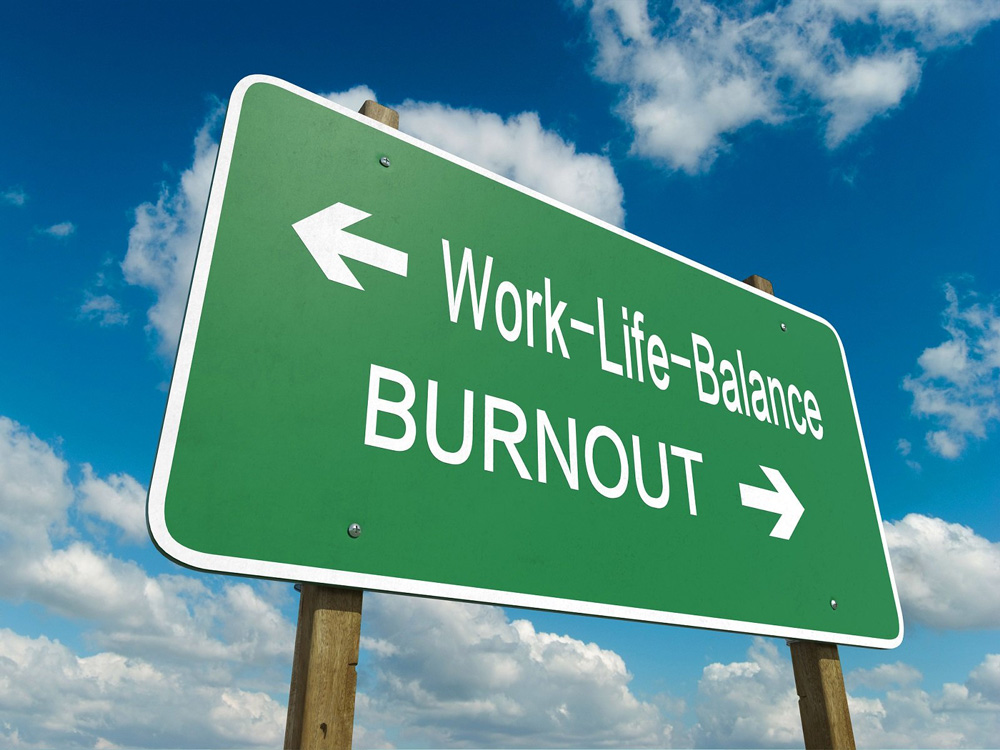 It’s up to managers to make sure employees disconnect from work – only with the support of line managers will workers be able to manage digital distractions and balance their work and home lives, writes Anna Kotwinski
It’s up to managers to make sure employees disconnect from work – only with the support of line managers will workers be able to manage digital distractions and balance their work and home lives, writes Anna Kotwinski
Let’s think back to a time when our working likes were very different to how they are today. We don’t have to rewind too far…
It’s 1999. When an employee leaves the office at the end of a busy day, shuts down their computer for the weekend, or smugly composes an out of office message before a holiday, they also leave work behind. And now? The majority of us are carrying our work around in our pockets – to the pub, to the family meal table, and often to the beach or ski slope.
The smartphone has completely transformed the way we do business. It has provided incredible opportunities for flexible working, but that flexibility has come at a high cost. A culture has developed where employees increasingly feel the need to be available around the clock, where responsiveness is too often equated to commitment, and boundaries between professional and personal life are blurred like never before. Employees choosing to work long hours to get ahead is nothing new, but in a new digital age where individuals can be contactable and engage 24/7, arousal levels are continually peaked and the mind has no time for recovery. Dr Almuth McDowall, a psychologist at the University of London, has warned that these behaviours are not sustainable and that the effects on wellbeing and danger of burnout are the same whether the expectation to be available is explicit, implicit or self-imposed.
Time and time again, people tell us about the trouble they have disconnecting from work; the impact this has on their personal relationships and families; how it increases stress; and suffering the compulsion to ‘just check’ their messages on holidays and weekends.
Read the full article here
Leave a Reply